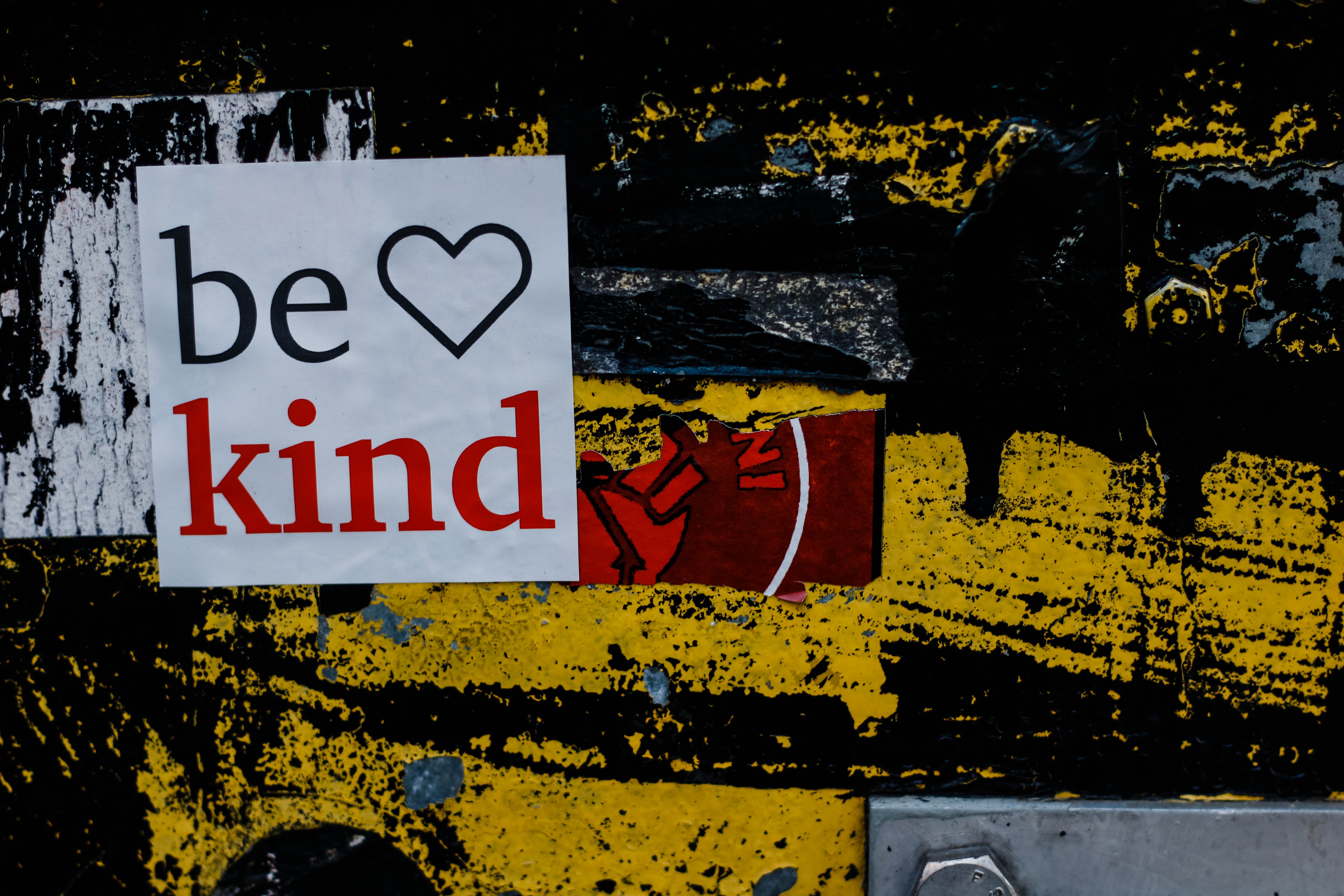We live in the age of hyper-connectivity, but ironically, we’ve never been more disconnected – from others, from ourselves, and from what truly matters.
Preoccupied with our daily lives and struggling with personal problems and worries, we seem to have lost the ability to be kind.
But the truth is, we need kindness today more than ever before.
Bo Lozoff of the Human Kindness Foundation says:
In the midst of global crises such as pollution, wars, and famine, kindness may be too easily dismissed as a ‘soft’ issue, or a luxury to be addressed after the urgent problems are solved. But kindness is the greatest need in all those areas.
The benefits of kindness
Research shows that being kind is beneficial to our health and well-being.
It changes the brain, impacts the heart and immune system, and may even be an antidote to depression.
The author of The Five Side Effects of Kindness, David Hamilton, collected scientific evidence on the impact of kindness and concluded that being kind:
- Makes us happier
- Strengthens our hearts
- Slows down the aging process
- Improves our relationships
- Inspires others to pay it forward
Kindness isn’t only beneficial for people at a personal level; it’s also good for the business.
The Zenger Folkman study tracked 51,836 leaders and noted that the most likable leaders, the ones who displayed kindness, were also the most effective.
In my recent interview on The CultureLab Podcast, Kip Lambert, the Chief Culture Officer of Destinations, attributed his company’s three-digit growth to cultivating a culture of kindness.
So what can you do to start spreading kindness in your office?
Be the change you want to see at work
The good news is that anyone can contribute to creating a culture of kindness at work, irrespective of their role and seniority.
You can practice kindness through small acts that make a big difference.
Here are five simple ideas you can implement today:
1. Say, “Thank you.”
Is there a colleague whom you admire or someone who’s made a hugely positive impact on you, and yet you never really told them how important they’ve been for you?
Send them a note (or – even better – call them or meet face-to-face) and tell them how grateful you are and how much they mean to you.
2. Be present
In our interview, the world-renowned voice coach Patsy Rodenburg said:
It’s easier not to be present, but it’s critical that we are.
When someone walks into your office today, or calls you on the phone, see what it’s like to give them your full, undivided attention.
Set everything aside and act as if they were the most important person in the world.
You might be surprised with the results!
3. Do something for a colleague without being asked
Surprise someone with a small act of kindness.
It may be something as simple as grabbing a cup of coffee for them as you’re getting yours. You could help them out with that big project that they’ve been working on. Or send them some useful materials for the research they’ve been doing.
You get the drift. Just be helpful for the sheer joy of doing it!
4. Smile
I know that it sounds like such a tiny thing, but making eye contact and smiling at someone can make their day.
We live in a world where people are lost in their thoughts (or their mobile devices), and we end up craving human connection and acknowledgment more than ever before.
So, instead of keeping your head down, look at people today and SMILE!
5. Build people up
Sadly, social media trolling or bashing people behind their backs has become the norm today.
People often forget that they won’t elevate themselves by tearing others down.
If this bugs you, do the opposite and experiment with this:
For one week, stop focusing on what people do wrong and start noticing their good work, their small victories and their honest efforts to create something useful.
Encourage your coworkers to keep going. Give a colleague a genuine compliment about their skills or their work. Rave about people’s awesomeness behind their back. Share their posts on social media when you like them.
Build people up. Don’t tear them down. It will make you stronger too.
An earlier version of this article appeared on www.agabajer.com


